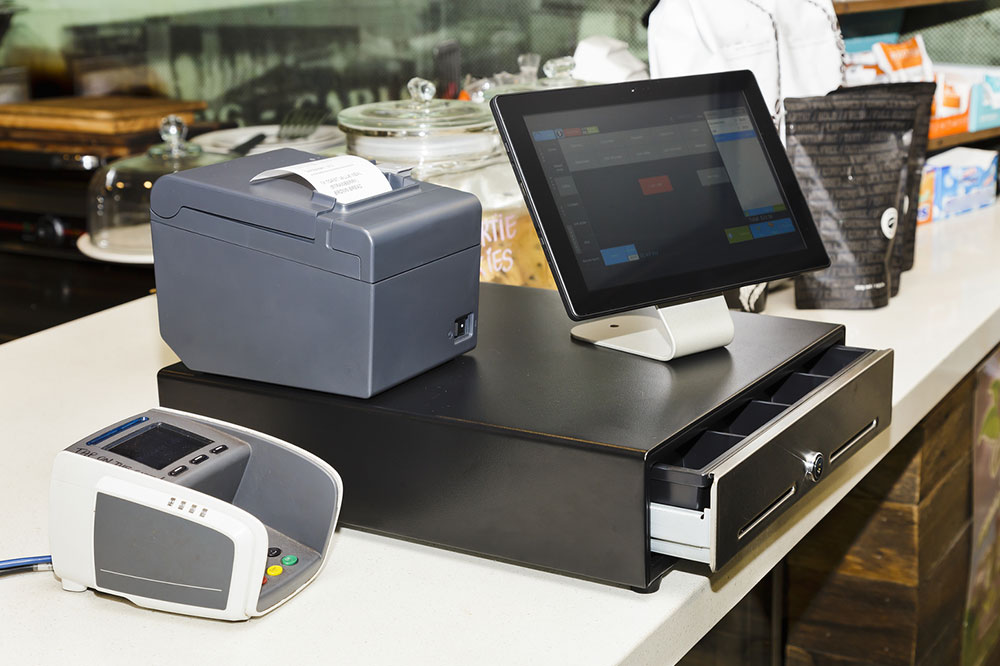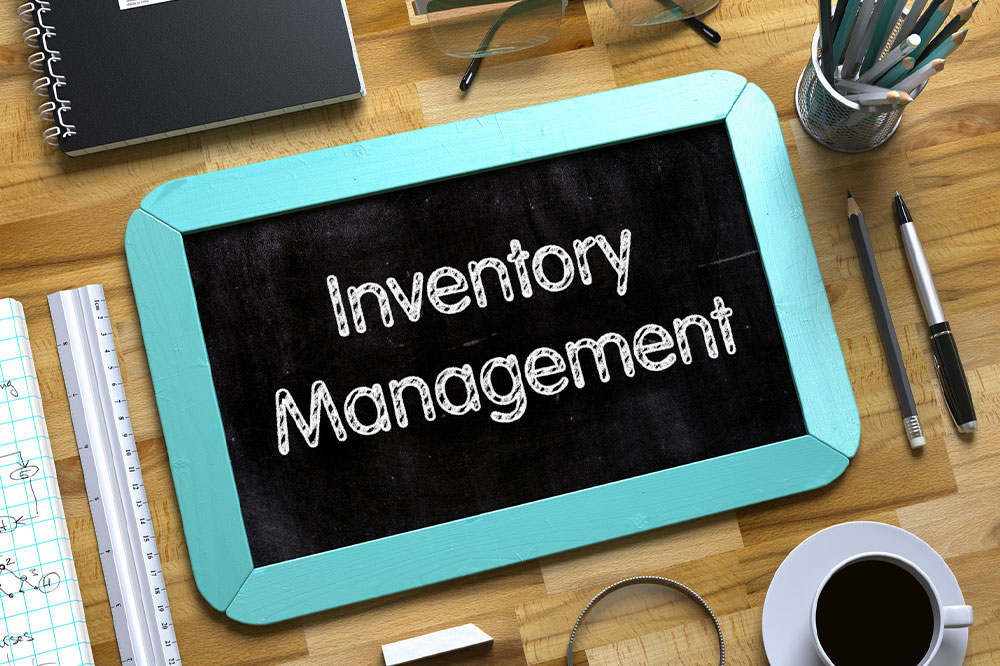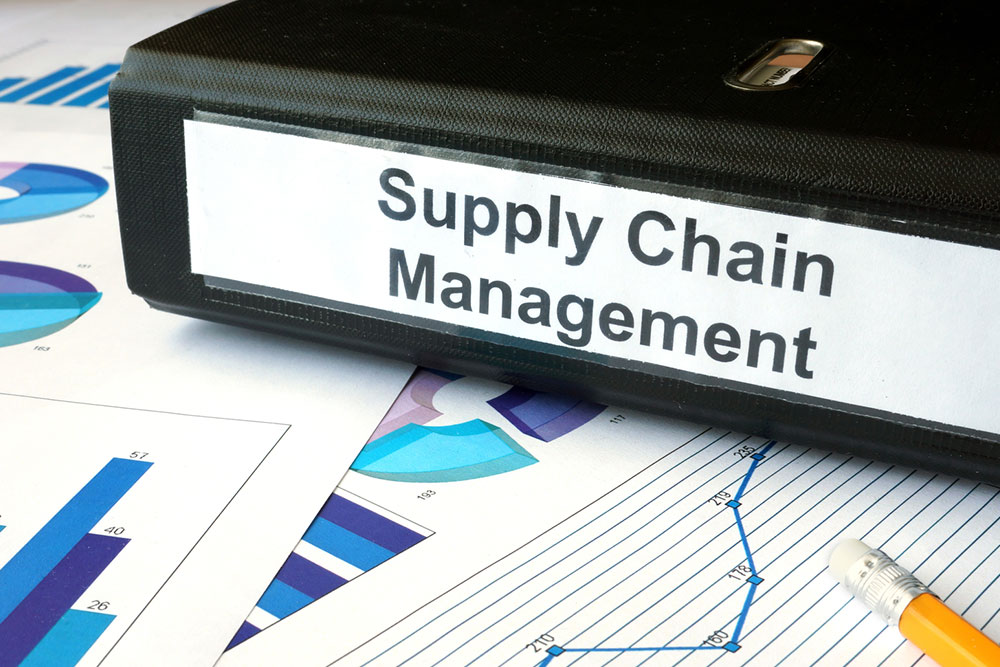Choosing the Perfect Point-of-Sale System to Meet Your Business Requirements
Choosing the right Point-of-Sale (POS) system is essential for improving business operations, customer service, and sales efficiency. This comprehensive guide covers hardware, software, industry-specific features, costs, and support, helping entrepreneurs and business owners select the optimal POS solution tailored to their specific needs. An effective POS system not only streamlines transactions but also provides valuable insights and scalability, ensuring long-term success. Make an informed investment with expert advice on selecting a POS system that grows with your business and enhances overall efficiency.

Choosing the Perfect Point-of-Sale System to Meet Your Business Requirements
In today’s fast-paced commercial landscape, the selection of an appropriate Point-of-Sale (POS) system is critical for enterprises aiming to streamline operations, enhance customer experience, and optimize sales performance. POS systems are integral tools that facilitate transactions, manage inventories, generate receipts, and analyze sales data efficiently. Whether you operate a restaurant, retail store, or service-oriented business, understanding what to look for in a POS solution can significantly impact your operational efficiency and profitability.
As technology advances, POS solutions have evolved from simple cash register replacements to sophisticated, integrated platforms that cater to diverse industry needs. This comprehensive guide delves into key aspects of choosing the right POS system, from hardware requirements to software functionalities, industry-specific features, cost considerations, and ongoing support. With the information provided, you will be equipped to make an informed decision that aligns with your business goals and budget.
Let’s explore the main factors to consider carefully before investing in a POS system tailored to your business type and size.
Key Features and Hardware Components of a POS System
At its core, a POS system comprises essential hardware and advanced software capabilities required to manage transactions and streamline operations seamlessly. Hardware elements often include touch-screen monitors or tablets, barcode scanners, credit and debit card readers, receipt printers, and cash drawers. The selection of hardware should match your business’s specific needs, such as space constraints or transaction volume.
For instance, a busy restaurant needs durable, high-performance terminals with integrated peripherals, while a boutique retail shop may prefer compact, space-efficient devices. Additionally, wireless or mobile POS solutions are gaining popularity, offering flexibility and ease of use for staff on the move.
Software Capabilities That Drive Business Success
Beyond hardware, the software functionalities embedded in a POS system play a vital role in enhancing operational efficiency. Modern POS platforms offer comprehensive features such as detailed sales analytics, inventory management, customer relationship management (CRM), and employee scheduling. These features enable businesses to understand purchasing behaviors, optimize stock levels, personalize marketing efforts, and ensure smooth staff management.
Choosing between cloud-based and on-premise systems is crucial since each offers distinct advantages. Cloud solutions provide real-time data access from any location and easier updates, while on-premise systems may offer greater control and security for sensitive data. Evaluate which setup aligns with your business’s operational style and security requirements.
Industry-Specific POS Solutions
There is no one-size-fits-all POS system; rather, customized solutions exist for industries such as retail, foodservice, hospitality, and contracting services. Each industry has unique operational demands and compliance considerations that influence POS features. For example, restaurants benefit from tableside ordering, kitchen display systems, and split checks, whereas retail stores might prioritize barcode scanning, loyalty programs, and detailed inventory reports.
Furthermore, business scalability is an essential consideration. Small startups may require basic POS features, while larger enterprises need systems that integrate seamlessly with other enterprise software, handle higher transactional volumes, and support growth initiatives.
Cost Considerations for Choosing a POS System
Budget constraints significantly influence POS system selection. Initial costs can include hardware procurement, software licensing or subscriptions, and installation charges. Many providers offer flexible payment options, such as one-time purchases or monthly plans. It’s essential to understand ongoing expenses, like subscription fees, transaction processing costs, and maintenance charges.
Larger, more sophisticated systems tend to incur higher costs, with monthly fees ranging broadly from approximately $14 to over $350 depending on the features and vendor. Carefully weigh the return on investment (ROI) for each option—consider how the features will improve efficiency, reduce errors, and increase sales in your business.
Reliable Customer Support and System Maintenance
Technical support is a critical component in ensuring your POS system operates smoothly without unexpected downtime. The right provider should offer comprehensive, 24/7 customer support, including remote troubleshooting, on-site assistance, and regular system updates. Businesses need to rely on prompt, knowledgeable support staff to resolve issues quickly and prevent operational disruptions.
Training resources for staff, software updates, and system security features also play pivotal roles in maintaining system reliability. Before committing to a vendor, verify their reputation for customer service and the availability of technical assistance to safeguard your investment and ensure consistent performance.
Final Thoughts: Making the Right Choice
Selecting the ideal POS system involves analyzing multiple factors tailored to your specific industry, business size, budget, and growth plans. By thoroughly evaluating hardware needs, software functionalities, industry-specific features, costs, and support options, you can choose a POS solution that not only meets your current operational demands but also scales with your business in the future.
Remember, an efficient POS system is more than a transaction tool; it is an integral part of your overall business strategy, enabling smoother operations, better customer experiences, and increased revenue. Take your time to conduct research, compare vendors, and possibly seek recommendations from industry peers to identify the best fit for your enterprise.





